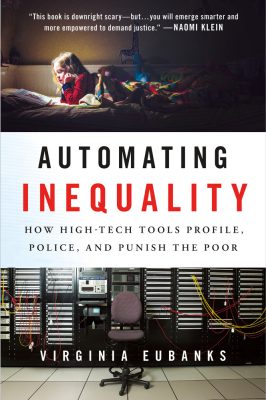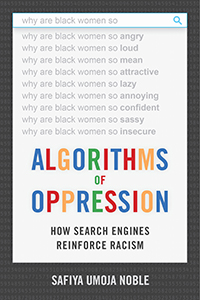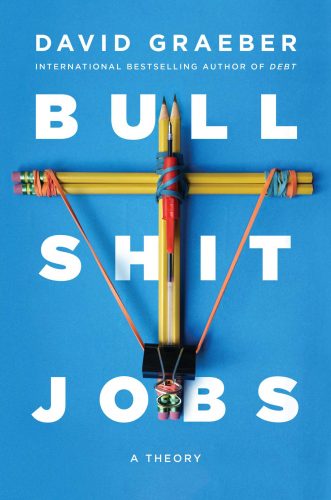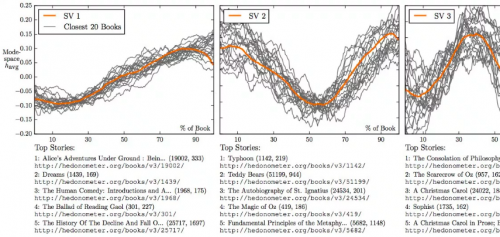Algorithms are something of a hot topic. Interest in these computational directives has taken hold in public discourse and emerged as a subject of public concern. While computer scientists were the original algorithm experts, social scientists now equally stake a claim in this space. In the past 12 months, several excellent books on the social science of algorithms have hit the shelves. Three in particular stand out: Safiya Umoja Noble’s Algorithms of Oppression, Virginia Eubanks’ Automating Inequality, and Taina Bucher’s If…Then: Algorithmic Power and Politics. Rather than a full review of each text, I offer a quick summary of what they offer together, while drawing out what makes each distinct.
I selected these texts because of what they represent: a culmination of shorter and more hastily penned contentions about automation and algorithmic governance, and an exemplary standard for critical technology studies. I review them here as a state of the field and an analytical grounding for subsequent thought.
There is no shortage of social scientists commenting on algorithms in everyday life. Twitter threads, blog posts, op-eds, and peer-review articles take on the topic with varying degrees of urgency and rigor. Algorithms of Oppression, Automating Inequality, and If…Then encapsulate these lines of thought and give them full expression in monograph form. more...











